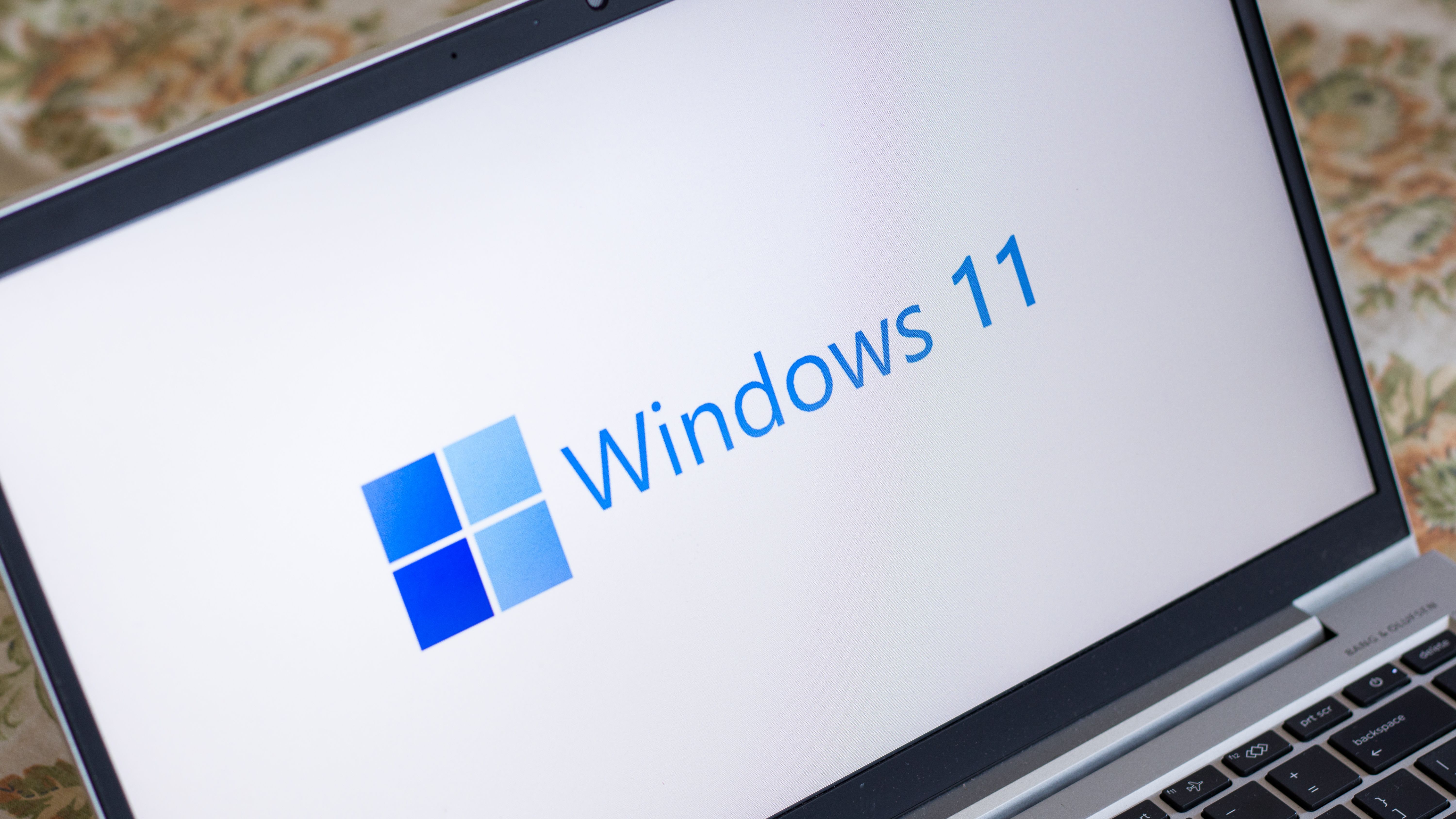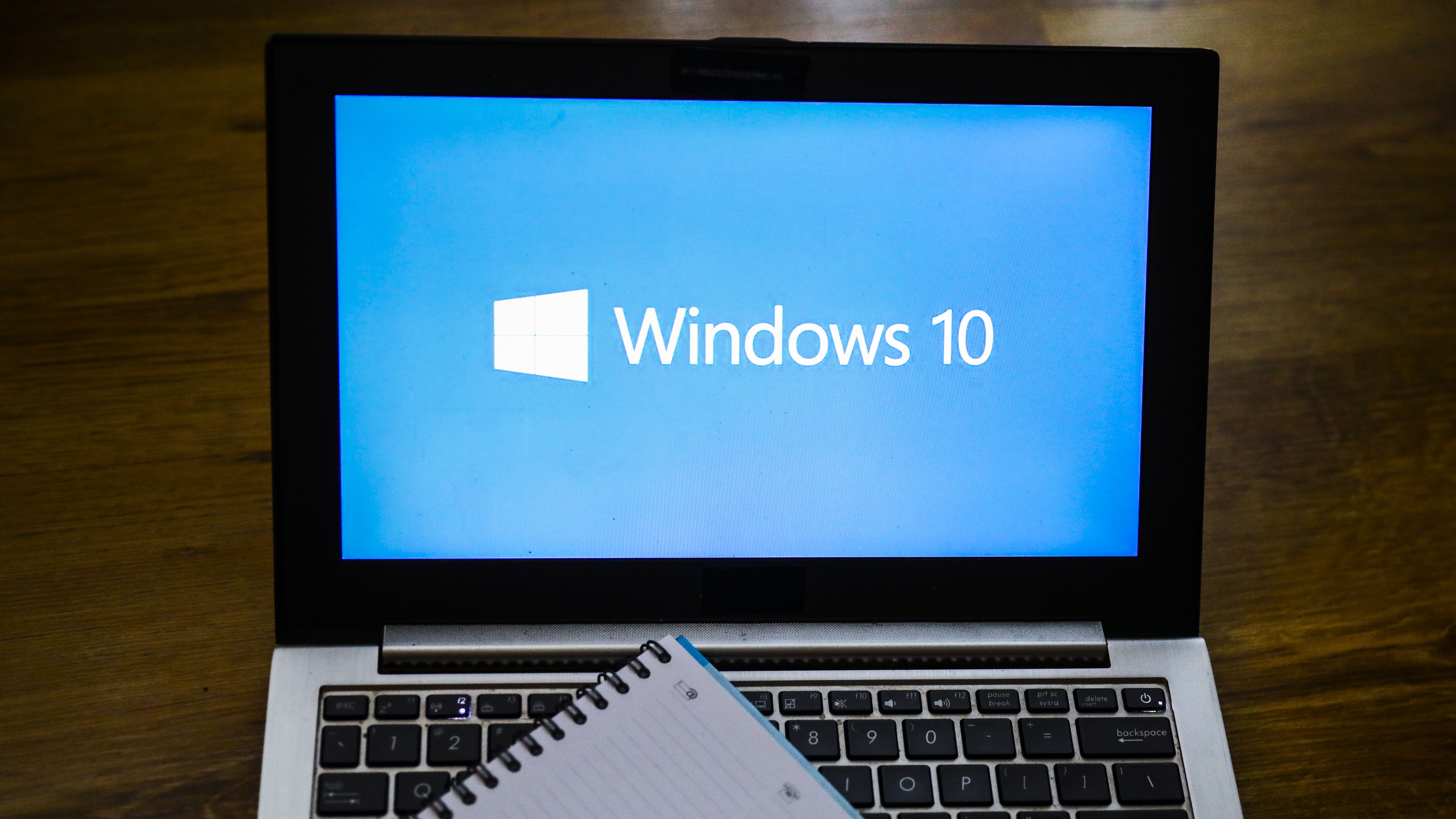Adobe releases emergency fixes for two critical Acrobat and Reader flaws
The bugs let an attacker execute arbitrary code and allowed privilege escalation via six iterations of the software


Adobe has issued emergency patches for a pair of vulnerabilities found in Acrobat and Reader that could have allowed an attacker to infect a user's device with malware and bypass admin privileges.
The developer published a security bulletin yesterday confirming it had detected the two bugs and released fixes, adding they were deemed critical because they could lead to remote code execution and privilege escalation respectively.
The first vulnerability could be exploited by lulling a user into creating a specific PDF file from which code can be executed remotely, which opened the possibility for attackers to run malicious software on a user's machine. The second bug, meanwhile, is a security bypass flaw that could lead to attackers gaining undue administrative access to devices.
They were given a category 2 priority rating, meaning they were deemed very serious but no instances of exploitation had been detected. The critical bugs were found in several iterations of Acrobat, Acrobat DC, and Acrobat Reader on both Windows and macOS.
These including Acrobat DC version and Acrobat Reader DC versions 2019.010.20064 and earlier, Acrobat 2017 and Acrobat Reader 2017 versions 2017.011.30110 and earlier. The bugs were also found on Acrobat DC and Acrobat Reader DC versions on the classic 2015 track, versions 2015.006.30461 and earlier.
Adobe has recommended that users update their software to the latest versions available as soon as possible, or within 30 days according to the developer's categorisation.
The company's widely-used Flash Player was found to suffer from a zero-day vulnerability in February 2018, after the South Korean Computer Emergency Response Team (KR-CERT) issued an alert, warning users of a zero-day vulnerability.
Sign up today and you will receive a free copy of our Future Focus 2025 report - the leading guidance on AI, cybersecurity and other IT challenges as per 700+ senior executives
This bug, which Adobe allocated a category 1 priority rating, was said to give attackers the power to persuade users to open Microsft Office documents, web pages, and spam emails.

Keumars Afifi-Sabet is a writer and editor that specialises in public sector, cyber security, and cloud computing. He first joined ITPro as a staff writer in April 2018 and eventually became its Features Editor. Although a regular contributor to other tech sites in the past, these days you will find Keumars on LiveScience, where he runs its Technology section.
-
 The modern workplace: Standardizing collaboration for the enterprise IT leader
The modern workplace: Standardizing collaboration for the enterprise IT leaderHow Barco ClickShare Hub is redefining the meeting room
-
 Interim CISA chief uploaded sensitive documents to a public version of ChatGPT
Interim CISA chief uploaded sensitive documents to a public version of ChatGPTNews The incident at CISA raises yet more concerns about the rise of ‘shadow AI’ and data protection risks
-
 The Microsoft bug bounty program just got a big update — and even applies to third-party code
The Microsoft bug bounty program just got a big update — and even applies to third-party codeNews Microsoft is expanding its bug bounty program to cover all of its products, even those that haven't previously been covered by a bounty before and even third-party code.
-
 Should your business start a bug bounty program?
Should your business start a bug bounty program?In-depth Big tech firms including Google, Apple and Microsoft offer bug bounty programs, but can they benefit smaller businesses too?
-
 OpenAI to pay up to $20k in rewards through new bug bounty program
OpenAI to pay up to $20k in rewards through new bug bounty programNews The move follows a period of unrest over data security concerns
-
 Google pays largest-ever bug bounty worth £500,000
Google pays largest-ever bug bounty worth £500,000News The company remained tight-lipped over the exploit itself, but speculation is possible given its publicly available rewards breakdown
-
 Windows 11 System Restore bug preventing users from accessing apps
Windows 11 System Restore bug preventing users from accessing appsNews Microsoft has issued a series of workarounds for the issue which is affecting a range of apps including Office and Terminal
-
 Windows 10 users encounter ‘blue screen of death’ after latest Patch Tuesday update
Windows 10 users encounter ‘blue screen of death’ after latest Patch Tuesday updateNews Microsoft said it is working on a fix for the issue and has offered users a temporary workaround
-
 OpenSSL 3.0 vulnerability: Patch released for security scare
OpenSSL 3.0 vulnerability: Patch released for security scareNews The severity has been downgraded from 'critical' to 'high' and comparisons to Heartbleed have been quashed
-
 Hacker steals $566 million from Binance Bridge using proof-forgery exploit
Hacker steals $566 million from Binance Bridge using proof-forgery exploitNews An exploit discovered in the exchange platform's proof verifier let the hacker take 2m BNB without raising alarm bells